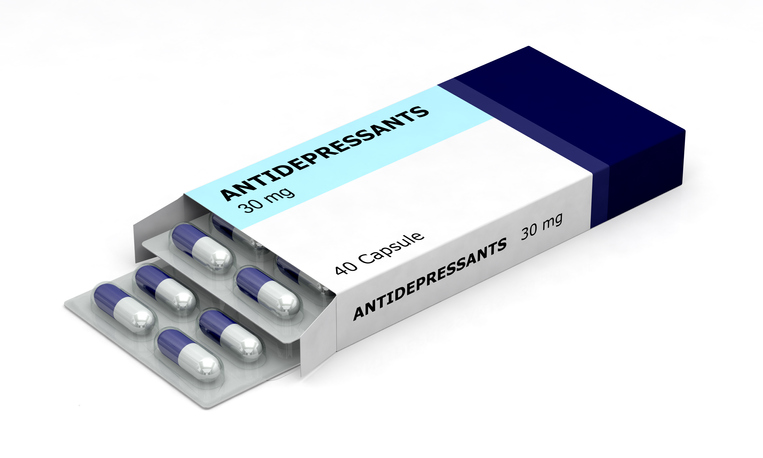Treatments
When Must a Therapist Break Confidentiality?

Therapists in the United States and Canada are required to maintain confidentiality under HIPAA (Health Insurance Portability and Accountability Act — US) and PIPEDA (Personal Information Protection and Electronic Documents Act — Canada). These acts ensure privacy and confidentiality is maintained regarding information that is disclosed to a therapist. It is typically unacceptable for therapists to reveal medical records, session notes, name, age, and other factors to third parties without consent.
When must confidentiality be broken?
In certain circumstances, an exclusive state or provincial law may require a break of confidentiality. Prior to counseling or therapy, individuals should be notified of any situations that may cause confidentiality to be disregarded. This includes duties to warn, protect and report, or if court-mandated.
Duty to warn
“Duty to warn” encompasses the provider’s obligation to warn others about potential danger. This embodies the intent of an individual to end their own life or another’s life, or to harm themselves or others. It also includes disclosing to a therapist that they are aware of something or someone that could pose a threat. For example, a child overhears someone at school planning to bring a weapon to class.
Duty to protect
“Duty to protect” is required to protect individuals against an imminent risk, such as abuse, neglect, or domestic violence. The therapist also has a duty to protect the individual from their own actions, including self-harm and suicide.
Duty to report
In instances of child or elder abuse, the therapist has a duty to report this information. Known or suspected abuse at the hands of another professional must also be reported.
Court
A break of confidentiality may be ordered if therapy is court-mandated or used to determine whether a person is sane or of sound mind regarding a court case. Furthermore, certain records can be subpoenaed. Confidentiality may also be disregarded to report information concerning a worker’s compensation claim.
Additional sources: VeryWell Mind, College of Registered Psychotherapist of Ontario and Canadian Counselling and Psychotherapy Association.



















